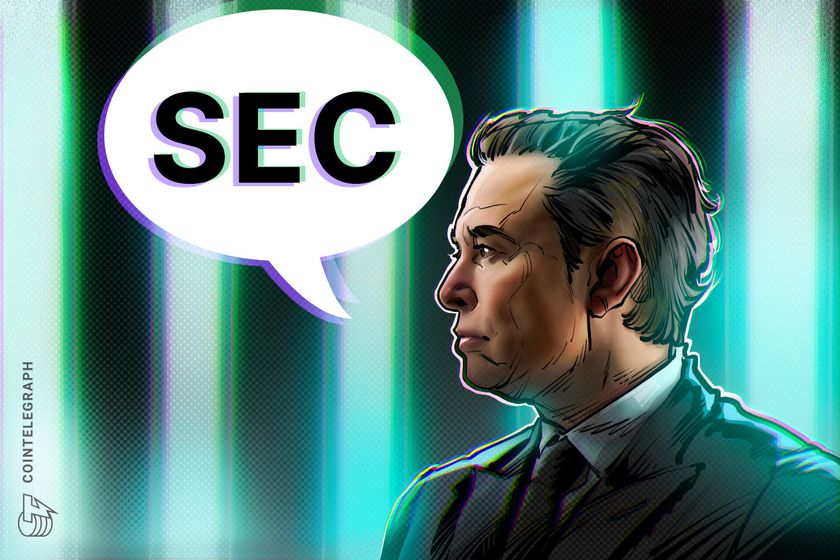

The acting chair of the US Securities and Exchange Commission has reportedly voted against the agency suing Elon Musk over the billionaire’s alleged securities violations concerning the disclosure of Twitter stocks.
Citing anonymous sources, Reuters reported on March 24 that the SEC’s five commissioners conducted a vote on whether to sue Musk or not before the agency filed its lawsuit against the billionaire.
Four commissioners voted in favor, while the lone dissent came from Mark Uyeda, who was appointed acting chair by US President Donald Trump on Jan. 20. SEC Commissioner Hester Peirce voted along with three other commissioners to sue Musk.
Uyeda and Peirce are known for their dissenting opinions on the SEC’s enforcement actions against the crypto industry during former SEC Chair Gary Gensler’s time in office.
SEC lawsuit against Elon Musk
In 2022, Elon Musk bought Twitter for $44 billion and rebranded the social media platform to X. After the acquisition, the SEC began investigating whether Musk violated any securities laws as he acquired the platform.
The SEC filed a lawsuit on Jan. 14 alleging that Musk failed to disclose his purchase of Twitter shares within the required 10-day window after surpassing the 5% ownership threshold. The agency said Musk delayed the disclosure by 11 days, allowing him to continue acquiring shares at lower prices, ultimately saving an estimated $150 million.
Related: Musk says he found ‘magic money computers’ printing money ‘out of thin air’
Elon Musk claps back at “broken” organization
Musk’s lawyer, Alex Spiro, previously told Cointelegraph that the SEC’s action is an “admission” that it cannot bring an actual case. Meanwhile, Musk described the SEC as a “totally broken organization” on X, saying “so many actual crimes” go unpunished.
Around a month after the lawsuit was filed, the Department of Government Efficiency (DOGE), a US government agency led by Musk, set its sights on the SEC. On Feb. 17, a page affiliated with DOGE called on the public to disclose any “waste, fraud and abuse” related to the SEC. Musk also shared the post to his over 200 million followers on X.
A court filing indicates Musk has until April 4 to respond to the lawsuit. Meanwhile, President Trump has issued an executive order calling for a review of what he calls politically motivated investigations at the SEC and other federal agencies under the previous administration.
Magazine: Memecoins are ded — But Solana ‘100x better’ despite revenue plunge



